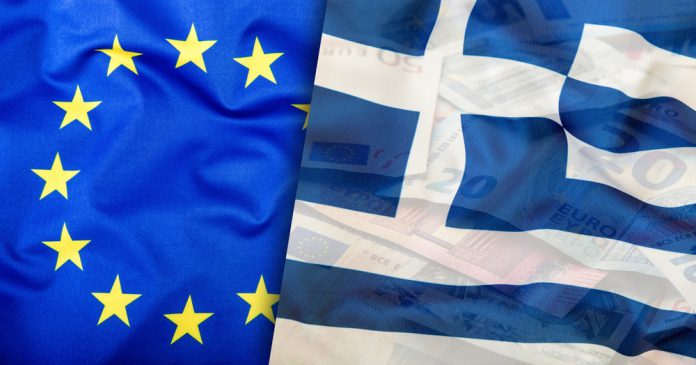Greek borrowing costs shot to their highest level since last October on Tuesday, after the IMF revealed its board members were split as to whether Greece needs to enforce further austerity.
The yield, or interest rate, on Greek 10-year bonds has jumped to 8 percent after the IMF made a rare statement in conclusion of its review of Greece’s fiscal targets. It found that ‘most’ IMF board members believe Greece’s fiscal targets should be cut to just 1.5 percent of GDP after deciding the country was on track with its austerity programme.
However it also revealed that several board members would rather see an increase in austerity to push the surplus up to 3.5 percent of GDP, as agreed before the last bailout.
The IMF’s review read: “Most Executive Directors agreed with the thrust of the staff appraisal while some Directors had different views on the fiscal path and debt sustainability.”
“Most Directors agreed that Greece does not require further fiscal consolidation at this time, given the impressive adjustment to date which is expected to bring the medium-term primary fiscal surplus to around 1½ percent of GDP, while some Directors favoured a surplus of 3½ percent of GDP by 2018,” it concluded.
It also made clear that Greece “has made significant progress in unwinding its macroeconomic imbalances since the onset of the crisis”, despite “a high cost to society, reflected in declining incomes and exceptionally high unemployment”.
Government spokesman Dimitris Tzanakopoulos said the government hopes for a “positive conclusion” to the long-running review of Greek spending:
“The government’s position is clear and it has been expressed categorically … our aim is to not yield to illogical demands by the International Monetary Fund, which insists on legislating precautionary (austerity) measures after the programme ends.”
The IMF’s assessment is crucial to Greek recovery, with further bailout funds depending on a positive outcome. If further funds are not unlocked the country could be plunged back into a crisis similar to that of summer 2015. The government is hoping for a deal that will lead to the country’s inclusion in the European Central Bank’s quantitative easing programme, but may have some way to go.

